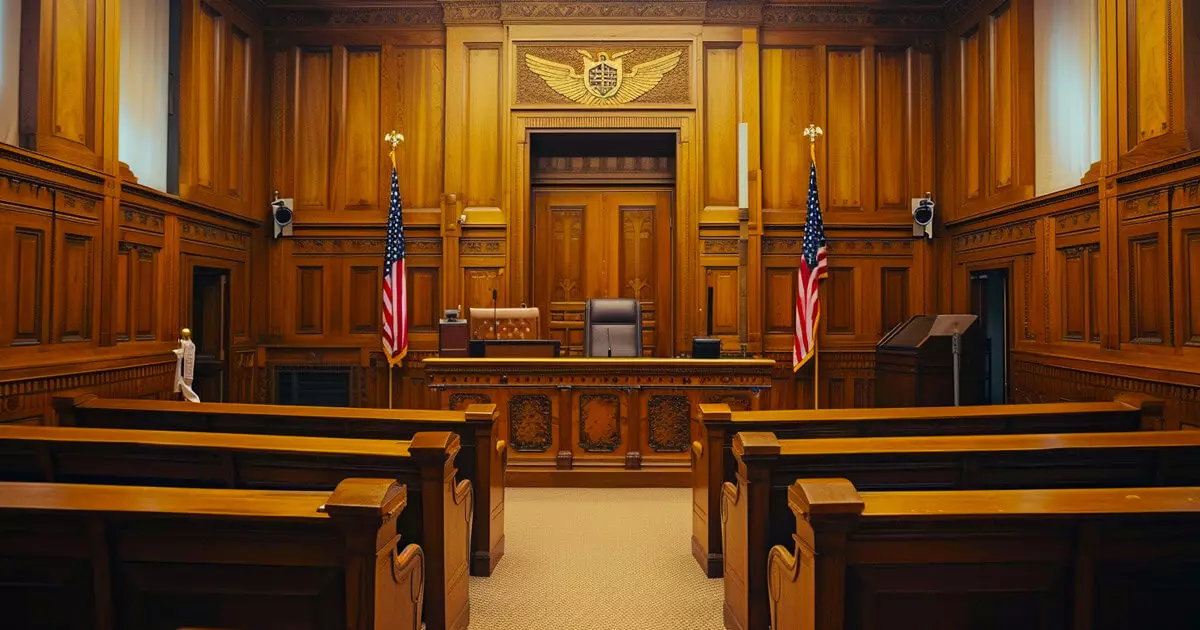The recent decision by the US Supreme Court to overturn the Chevron doctrine has significant implications for the regulation of cryptocurrencies, particularly by the Securities and Exchange Commission (SEC). Economist Timothy Peterson has highlighted the importance of this decision in limiting the SEC’s interpretive power over crypto assets, suggesting that it will lead to a more balanced legal landscape for Bitcoin and other cryptocurrencies.
The Chevron doctrine, established in the 1984 case of Chevron v. Natural Resources Defense Council, provided a framework for determining when federal courts should defer to agency interpretations of laws and statutes. By overturning this doctrine, the Supreme Court has placed limitations on the SEC’s authority to unilaterally define assets such as cryptocurrencies as securities.
Impact on SEC’s Regulatory Power
According to Peterson, the overturning of Chevron will require courts to scrutinize the SEC’s stance on cryptocurrencies more closely. This could lead to fairer regulations and prevent SEC staff from arbitrarily classifying crypto assets as securities. The decision does not completely strip the SEC of its enforcement powers but raises questions about the agency’s authority to regulate crypto as securities.
The end of the Chevron doctrine has implications for ongoing cases involving cryptocurrencies, such as the SEC’s action against Consensys. With the removal of Chevron, the SEC’s claims against Consensys may have less weight in court, as judges are no longer bound to defer to agency interpretations of the law. Lawyer Paul Clement’s argument in the Loper Bright Enterprises case highlighted the gridlock created by agencies like the SEC claiming authority over crypto matters without clear Congressional guidance.
Supreme Court Rulings and NCLA’s Response
The Supreme Court’s decisions in cases like Relentless Inc. v. Dept. of Commerce and Loper Bright Enterprises v. Raimondo mark a significant shift in agency deference. The New Civil Liberties Alliance (NCLA) emphasized that statutory ambiguities no longer provide a legal basis for agencies to assert regulatory authority. Judge John Roberts emphasized the need for principled and intelligible legal development by leaving the Chevron doctrine behind.
The overturning of the Chevron doctrine by the US Supreme Court has far-reaching implications for the regulation of cryptocurrencies by the SEC. The decision is expected to lead to greater judicial scrutiny of the SEC’s regulatory actions, potentially resulting in a more balanced and fair legal framework for cryptocurrencies. This shift marks a significant milestone in ensuring clearer and more principled legal development in the realm of crypto regulations.










Leave a Reply